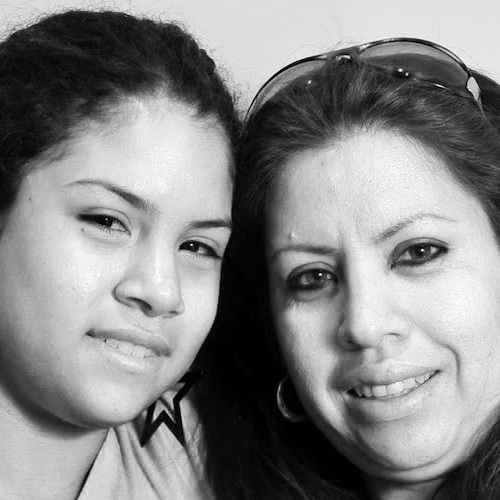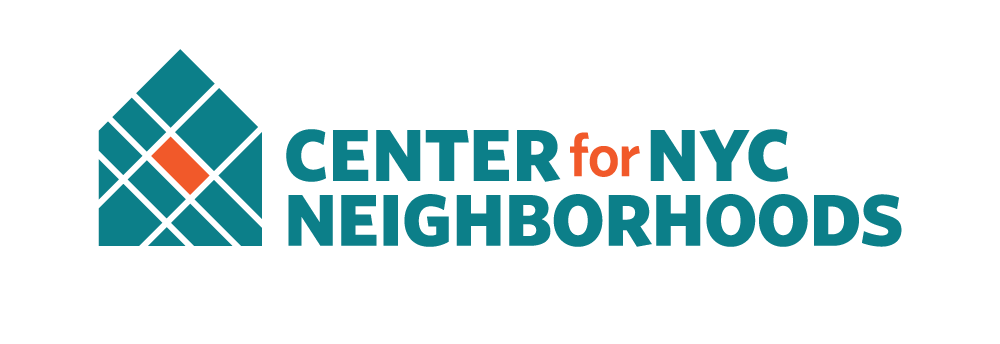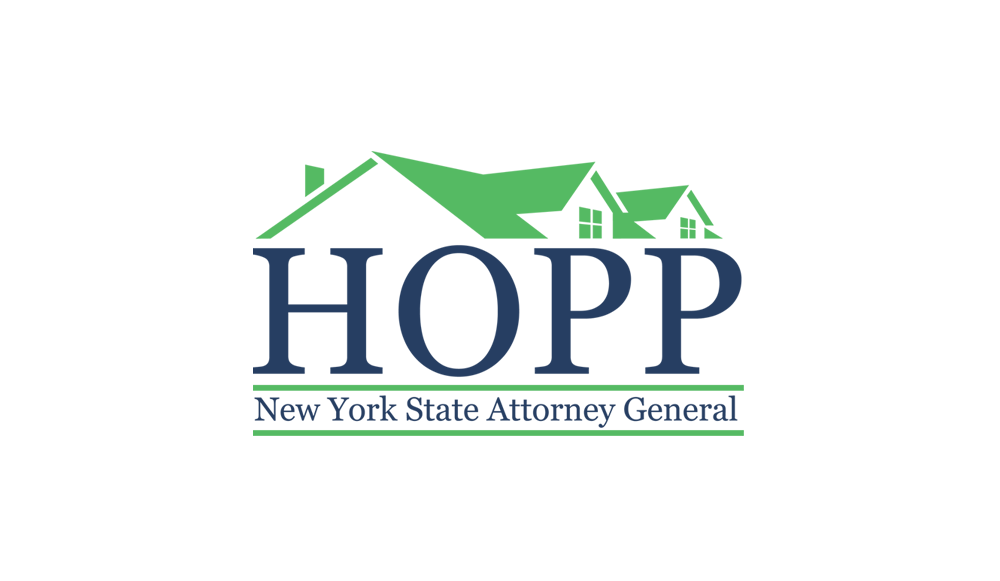Reverse Mortgages Explained
Over the past few years, reverse mortgages have become increasingly popular among aging homeowners. For many retired homeowners, reverse mortgages can be a source of extra income that allows them to tap into their home equity. The process has also become simpler and safer for those who are interested in applying. That being said, there are many factors to keep in mind—including potential risks—when considering a reverse mortgage. Keep reading to learn more.
What is a reverse mortgage?
A reverse mortgage, also known as the home equity conversion mortgage (HECM) in the United States, is a home financing option for homeowners 62 or older who have accumulated home equity and want to use this equity to supplement retirement income.
Unlike a conventional forward mortgage, there are no monthly mortgage payments. Instead of a borrower making monthly payments to a lender, as with a traditional mortgage, the reverse happens: the lender makes payments to the borrower.
Reverse mortgages are insured by the Federal Housing Administration (FHA). This guarantee ensures that the homeowner will receive all the payments they are entitled to, and protects the borrower and their estate from ever owing more on the loan than the home is worth. In circumstances where the outstanding debt on the reverse mortgage exceeds the value of the home, the FHA covers the difference.
What are the benefits?
Reverse mortgages were conceived as a means to help retirees with limited income use the accumulated wealth in their homes to cover basic monthly living expenses and pay for health care. However, there are no limitations regarding how the reverse mortgage proceeds can be used.
The loan generally does not have to be paid back until the last surviving homeowner dies or moves out of the home. After this happens, the estate will sell the home and use the proceeds from that sale to repay the reverse mortgage loan.
How do I qualify?
You may be eligible for a reverse mortgage if:
You are 62 years of age or older.
You own your home and use it as your primary residence.
Your home is single family, multi-family (up to 4 units), or an approved condominium or manufactured home.
You own your own home (free of debt) or only have a small amount left to pay on your existing mortgage.
Your home is in good condition prior to taking out the loan.
All prospective borrowers must also undergo a financial assessment to qualify. This assessment makes sure that the borrower can pay for:
Property taxes
Homeowner’s insurance
Basic home maintenance
Homeowner’s Association (HOA) fees if applicable
The Department of Housing and Urban Development (HUD) also requires all prospective reverse mortgage borrowers to complete a HUD-approved counseling session. This session should cover the pros and cons of taking out a reverse mortgage given your unique financial and personal circumstances, such as how a reverse mortgage could affect your eligibility for Medicaid and Supplemental Security Income. The counselor should also go over the different ways you can receive the proceeds.
What factors should I consider?
A reverse mortgage is not for everyone. You still have to meet certain conditions, and failing to meet these conditions will allow the lender to foreclose. You may not want a reverse mortgage if:
You want your heirs to inherit your home.
You live with someone.
You have medical bills.
You might move soon.
You can’t afford ongoing costs, such as home maintenance, property taxes, or homeowners insurance.
As a reverse mortgage borrower, you are required to live in the home and maintain it. If the home falls into disrepair, the lender won’t be able to recoup the full amount it has extended to the borrower. If you don’t pay your property taxes, your local tax authority can seize the house. If you don’t have homeowners insurance and there’s a house fire, the lender’s collateral is damaged. Keep in mind, the lender will impose these requirements to protect its interest in the home.
All loans must eventually be repaid, and this one is no different. The loan is due once the borrower (you) sells the home or passes away.
What financial options are out there?
It’s a good idea to apply for a reverse mortgage with several companies to see which one has the lowest rates and fees. Even though reverse mortgages are federally regulated, there is still variation in what each lender can charge.
Only the lump-sum reverse mortgage, which gives you all the proceeds at once when your loan closes, has a fixed interest rate. The other five options have adjustable interest rates. In addition to one of the base rates, the lender adds a margin of one to three percentage points. Interest compounds over the life of the reverse mortgage, and your credit score does not affect your reverse mortgage rate or your ability to qualify.







